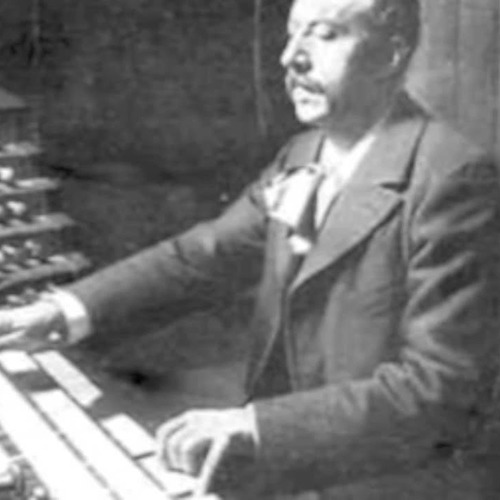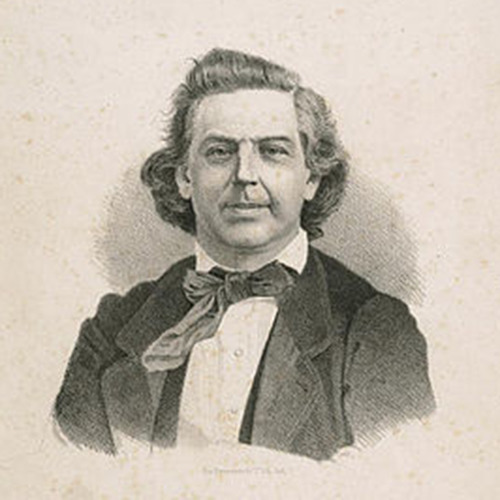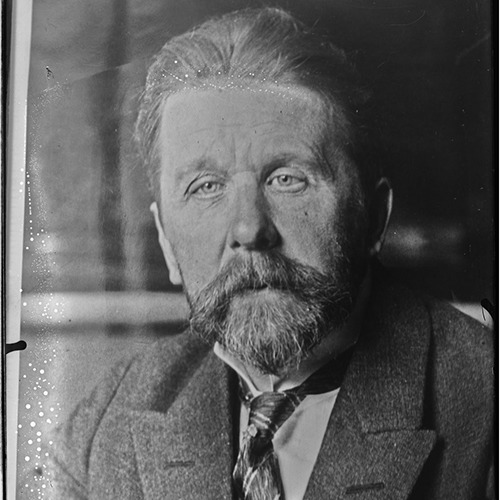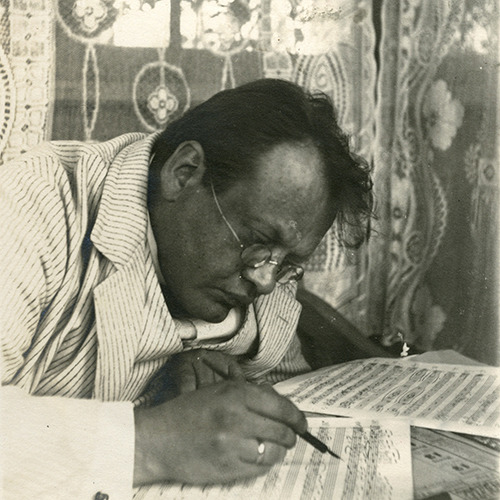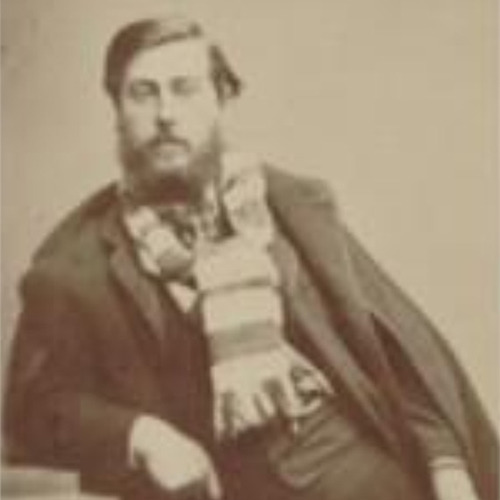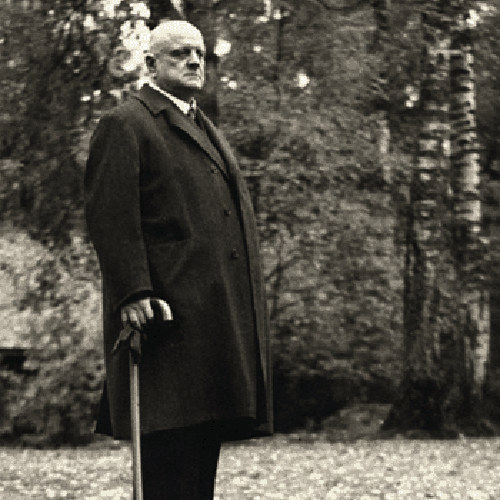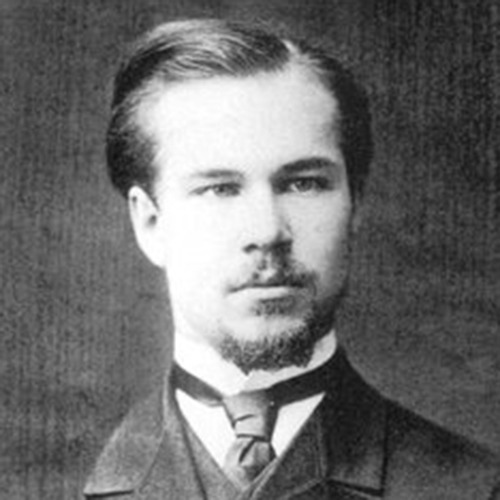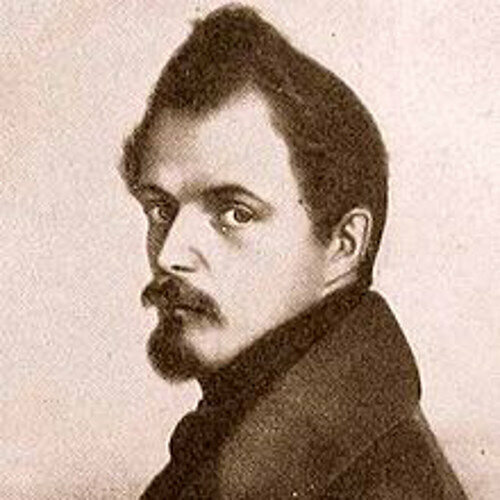“A Vision of Eternity” Such was the enormous musical talent of Charles-Marie Widor (1844–1937) that he successfully competed for the job of organist at the lycée in his hometown of Lyons at the tender age of 11! Having received his
Archives
200th Birthday Celebration In terms of Scandinavian musical superstars, Finland has Sibelius, Norway has Grieg, and Denmark has Carl Nielsen! However, the most important figure in nineteenth century Danish music was the composer, conductor, organist, violinist, teacher, and administrator Niels
The last link to traditional Russian music Alexander Tikhonovich Grechaninov (1864-1956) was a contemporary of Richard Strauss, and he lived to the ripe old age of 92. Born in Moscow, he became a U.S. citizen in 1949 and spent his
Let’s dance! The reputation of Léo Delibes (1836-1891) rests almost exclusively with his two 90-minute ballet scores Coppélia and Sylvia. For the first time in the history of music, Delibes had crafted ballet scores of symphonic proportions. Full of memorable
“Music begins where the possibilities of language end” For a number of high-profile music historians, Jean Sibelius (1864-1957)—instead of Gustav Mahler—is considered the last master in the Beethoven symphonic tradition. In his final symphony, so it is argued, Sibelius relentlessly
Pianist, Scholar and Composer When Sergei Ivanovich Taneyev (1856-1915) attended the funeral of his student Alexander Scriabin in 1915, he caught a rather severe flu. Instead of taking proper medicine and rest, he continued to resist the virus and persisted
The (Almost) Forgotten Piano Wizard! Between 1809 and 1814 six remarkable composers were born; Mendelssohn, Chopin, Schumann, Liszt, Thalberg and Adolf von Henselt (1814-89). Surely you have heard of the first five, but what about Henselt? Make no mistake, during

